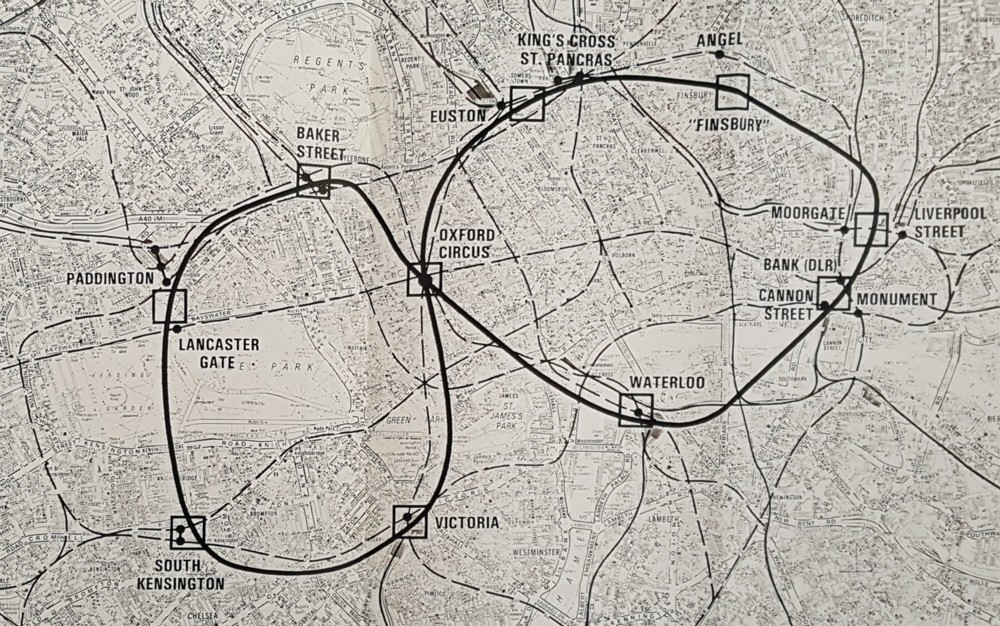Last summer, when wandering about where those Modified Social Benches are to be found, in the vicinity of the Royal Festival Hall, I happened to look downwards and I encountered, beneath my feet, this snatch of poetry:

When, more recently, I wondered what this poetry was, I was of course quickly able to identify the entire poem, hunting quotations down, even quite obscure ones, having now become so very easy.
I am sure that the off-puttingly antiquated language that I see in this poem is at least metaphorically speaking present, for many, in the classical music that I so love to listen to. These things are all a matter of personal taste. An insuperable barrier to one potential receiver of Art is no barrier at all to another. But for me, this sort of poetry is such that I hear only those barriers, rather than what is behind those barriers.
“O Thames!” … “Bards” … “fair River! … “fair Stream! … “Thy quiet soul on all bestowing” … “Vain thought!” … “thou art” … “ditty” … “the dashing oar” … “By virtue’s holiest Powers attended”. I just can’t get past such verbiage. If you can, I’m delighted for you, but I just can’t. This is close enough to the language I know and love for me to get straight away most of what is being said, but for that very reason, the fact that I and my contemporaries just wouldn’t say it like that also cannot be got around.
And, for me, the poetic momentum acquired by poetry when it really had a public impact, when people were spoken to strongly by words and phrases like those I have picked out from this Wordsworth poem, seems to weigh down even much contemporary poetry with its antiquated habits.
It’s not just the antiquated words. The very habit of “poetic” contemplation now seems to me more a suitable object for comedy than a real way to communicate. This much repeated bit of Rik Mayall stand-up seems to me to skewer the whole idea of being a poet, now. The puns that aren’t funny and aren’t even meant to be. The knowing proclamation of banalities, or just nonsenses, in a manner that implies deep wisdom. The deep suspicion verging on outright hostility that the Poet now has towards his potential audience, knowing that we think he’s rather laughable, in a bad way. The feeling that this character is a Poet, because he’s not up to being anything else of greater impact in the world as it now is.
I repeat. If you like poetry of the sort that poets do now, great. I am trying to describe how I feel, not making any sort of argument about what you should feel. I know I’m missing out on a lot of good things because of the above.
Here is something else I encountered, earlier on the same South Bank photo-walk in which I photoed that bit of Wordsworth.
A poet:

Yep. Definitely a poet. A poet is exactly the sort of person I’d expect still to be using a typewriter, and to ply his trade without drawing anyone’s attention to a website or social media presence. This is an exercise in self-conscious anachronism and, if this chap is silly enough to take what he’s doing seriously, almost inevitable downward social mobility.
Unless of course, he’s gathering material for his stand-up comedy act. That would make sense.





